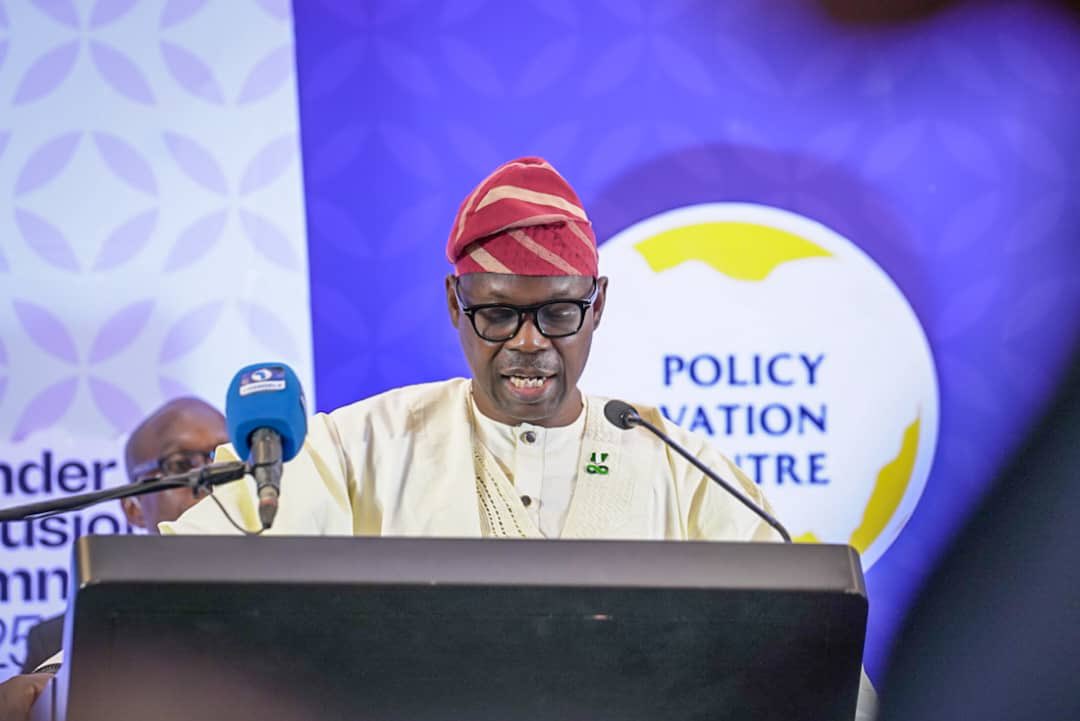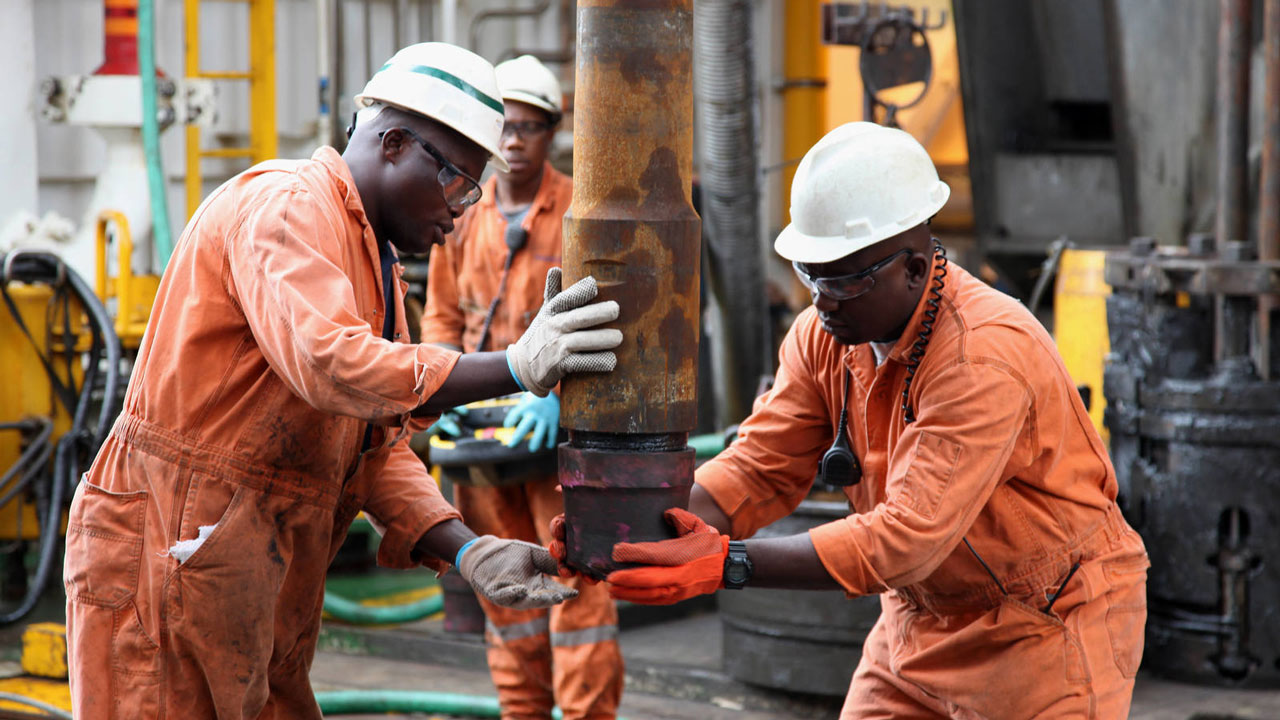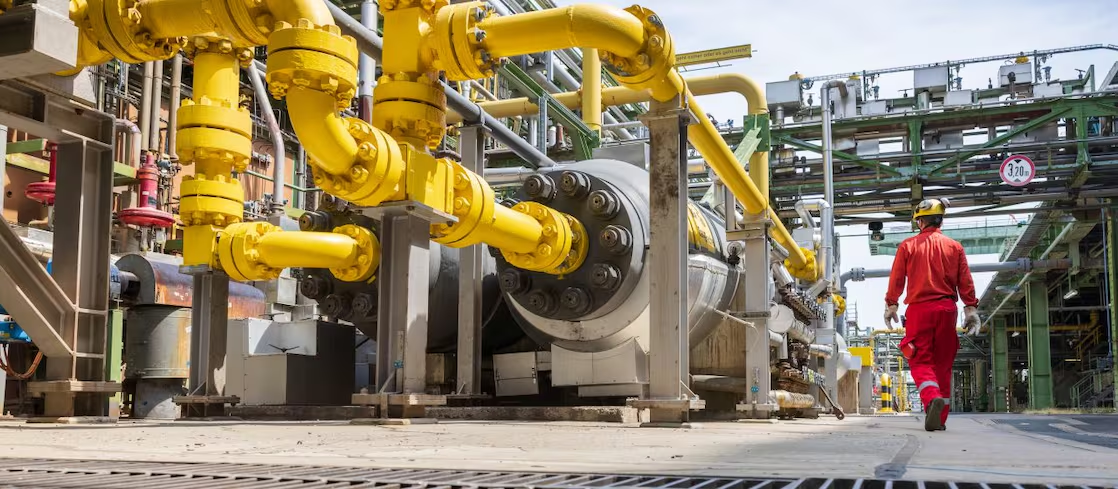Despite contributing less than three per cent to global greenhouse gas emissions, Africa bears some of the most brutal consequences of climate change, from prolonged droughts to devastating floods and worsening food insecurity. Now, as industrialised countries push for rapid decarbonisation, the continent finds itself trapped in a paradox – expected to meet ambitious climate targets while millions of its people still live without electricity, WALIAT MUSA reports.
Africa’s climate dilemma is as stark as it is unjust. With more than 600 million people still living in the dark, the continent is being asked to decarbonise at the same pace as industrialised economies that built their prosperity on over a century of fossil fuel abuse. For many policymakers, this amounts to an impossible trade-off: pursue rapid emission cuts to satisfy global frameworks or expand energy access to power factories, homes, hospitals and schools.
While the Paris Agreement and its successors stress emission reductions, African leaders argue that energy access, economic growth and sovereignty must come first.
This tension came to the fore at the recent Africa Climate Summit in Nairobi, where leaders moved to change the narrative. Rather than being cast merely as a victim of climate change, Africa was positioned as a central player in global solutions — a continent rich in resources, land and innovation potential, but one that insists climate action must not come at the cost of its development.
The leaders rallied behind a common message – that Africa must not be portrayed as a helpless victim but recognised as a central actor in climate solutions.
“Africa is not a problem to be solved. Africa is a solution to be supported,” African Union Commissioner, Bankole Adeoye, said, underscoring the need for a paradigm shift in how climate responsibility is framed.
The pushback is not against climate action itself but against what many call the unrealistic pace of global decarbonisation targets for developing economies. Nigeria’s Environment Minister, Iziaq Adekunle Salako, noted that Africa cannot afford to transition in darkness. He argued that the continent needs pragmatic policies that allow for cleaner use of natural gas as a bridge fuel while scaling renewables, rather than a wholesale fossil-fuel divestment.
For energy consultant, Adéṣẹ́gun Ọṣìbánjọ, who is also the convener of the Africa Woke Citizens Platform, the challenge facing Africa is not excess emission but a lack of energy.
With over 600 million people still without access to electricity, he argued that economic growth and poverty reduction must take precedence over rigid climate timelines imposed by developed countries.
In a recent paper presented under the Africa Woke Citizens Platform, Ọṣìbánjọ called for an energy transition built on Africa’s terms, a pragmatic mix of resources rather than a wholesale leap to renewables.
Natural gas and coal, he says, can be deployed with cleaner technologies such as carbon capture, while renewables and off-grid solutions can be expanded in rural areas.
Regional grid interconnectivity and flexible options for baseload power, he added, remained essential until renewable storage and transmission technologies mature.
He also highlighted the role of science and innovation. Governments, he suggested, should support the local design of energy-efficient systems, renewable technologies and agricultural resilience.
Africa, he stressed, should explore opportunities in carbon markets through digital tokenisation of credits, but in a way that retains African control and prevents exploitation.
“Any developing nation that remains a signatory to the Paris Climate Agreement and prioritises the implementation of stringent environmental policies over the fundamental needs of the people and the country’s economic growth is destined to wallow in abject poverty forever,” he said.
Underlying his message is a strong warning against what he described as climate-driven neocolonialism. He argued that the global climate agenda, if blindly adopted, could lock Africa into stagnation by forcing it to sacrifice development for compliance. For him, the African Union must champion a sovereign path — one that integrates sustainability with the right to industrialise and grow.
“Africa must not simply import climate solutions; it must invent them. That begins with bold investment in research and development (R&D). Through innovation, Africa can develop cleaner fossil fuel systems, improve agricultural climate resilience, design energy-efficient housing and transport, manufacture solar panels, inverters, and batteries locally and enhance carbon markets and monitoring systems.
Governments must allocate at least one to two per cent of GDP to science, technology, and innovation. Public-private research partnerships should be incentivised and regional research centres of excellence established,” he stated. He added that by investing in R&D, defending energy sovereignty, and building adaptive policies, Africa can achieve a climate-positive development model.
The view resonates with the continent’s current political positioning. At the 2nd Africa Climate Summit (ACS2), the AU declared that climate finance demands are not charity appeals.
AU Commissioner for Political Affairs, Peace and Security, Bankole Adeoye, stressed: “Africa is not a problem to be solved. Africa is a solution to be supported.”
Financing remains at the heart of the debate. African leaders insist that climate finance should shift from aid-driven mechanisms to investment frameworks that stimulate growth.
Kenyan President William Ruto, in his closing remarks at the summit, argued that Africa is not asking for handouts but for access to predictable, affordable finance to unlock renewable potential. His call echoes the demand for restructuring global financial systems, including debt relief and reform of multilateral lenders to create fiscal space for climate investment.
For Nigeria, Africa’s biggest economy and largest oil producer, the dilemma is even sharper. With persistent grid collapses, a metering gap running into millions, and a growing reliance on costly petrol and diesel generators, the country embodies the paradox of energy poverty amid resource abundance. While the government touts natural gas as a transition fuel, financing constraints and ageing infrastructure threaten to stall progress. Unless climate action frameworks recognise Nigeria’s unique position — balancing domestic energy needs with global decarbonisation targets — the promise of a just transition may remain elusive.
Beyond electricity, Africa is also pushing for leadership in carbon markets and tokenised credits, aiming to monetise its vast forests, wetlands, and farmlands. The hope is to attract investment without ceding sovereignty over natural resources.
AU Commissioner for Agriculture, Rural Development, Blue Economy and Sustainable Environment (ARBE), Moses Vilakati, reminded delegates that although Africa contributes the least to global greenhouse gas emissions, it remains the most climate-vulnerable, facing disproportionate risks due to its geography, socio-economic conditions, and limited adaptive capacity.
“We reaffirm our readiness as a continent and call upon the entire globe to collaborate in the implementation of African solutions relevant to our specific needs in response to climate change,” he said.






